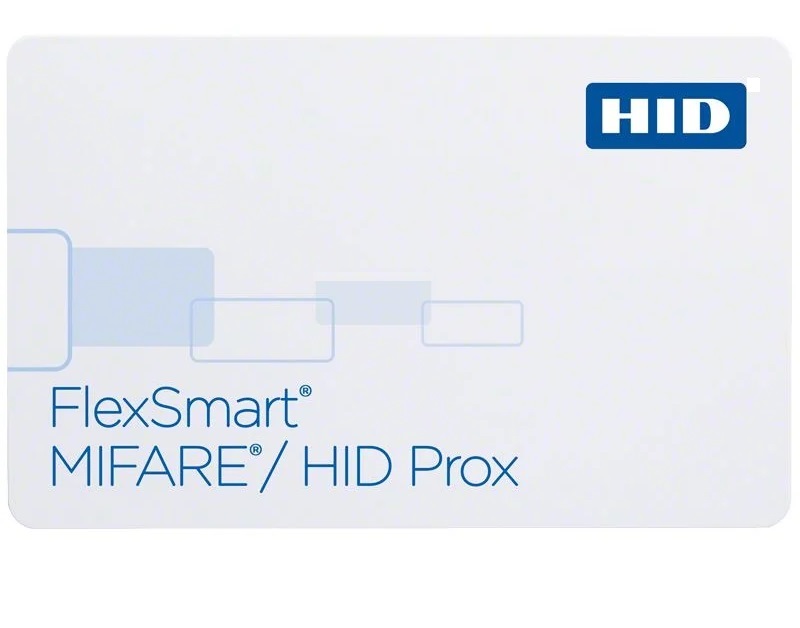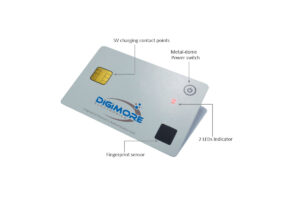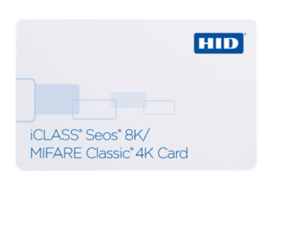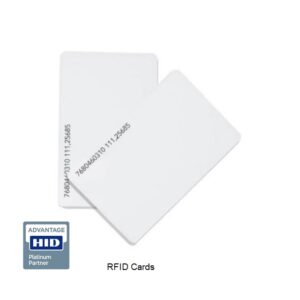- You have no items in your shopping cart
- Subtotal:

MIFARE encompasses a range of integrated circuit (IC) chips that find application in contactless smart cards and proximity cards.
Mifare cards are a type of contactless smart card that uses radio frequency identification (RFID) technology. They are widely used around the world for various applications due to their affordability, durability, and compatibility. Here’s a breakdown of key features and functionalities:
Technology:
- Low-frequency (LF) RFID: Operates at 13.56 MHz frequency, enabling contactless communication between the card and an RFID reader. This means you don’t need to physically insert the card into a reader; simply holding it nearby is enough for interaction.
- Integrated circuit chip: Embedded within the card, this chip stores electronic data like a unique identifier, access control information, or even small amounts of prepaid value.
- Read/write capability: Data on the card can be read multiple times and potentially updated in some cases (depending on the card type and configuration).
Types of Mifare Cards:
There are several variations of Mifare cards, each with slightly different features and functionalities. Here are two common types:
- Mifare Classic: The most widely used type, offering basic data storage and read/write functionality. They are relatively affordable but have limitations in security due to weaker encryption.
- Mifare DESFire: A more secure option with enhanced encryption algorithms and additional features like secure messaging and mutual authentication. These are often used for applications requiring higher security, such as contactless payments.
Applications of Mifare Cards:
Mifare cards are versatile and used in a wide range of applications, including:
- Access Control: Granting entry to secure areas, buildings, or events by swiping or holding the card near a reader.
- Public Transportation: Fare payment on buses, trains, or subways (often Mifare Classic).
- Identification Badges: Employee badges, student IDs, or membership cards that can be read by RFID readers for verification purposes.
- Library Cards: Borrowing and returning library materials (often Mifare Classic).
- Payment Systems: Used for contactless payments with compatible systems (more common with Mifare DESFire due to enhanced security).
- Inventory Management: Tracking and managing assets or products.



